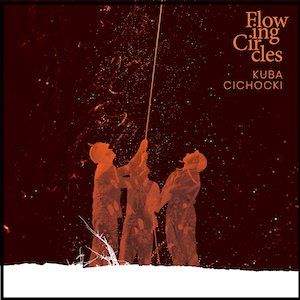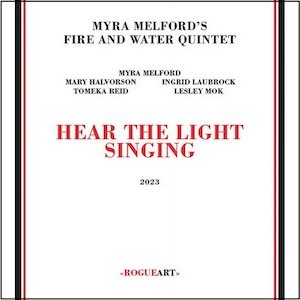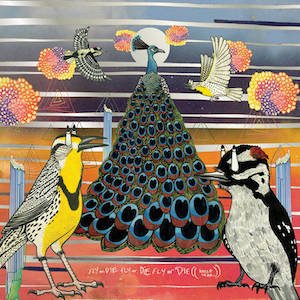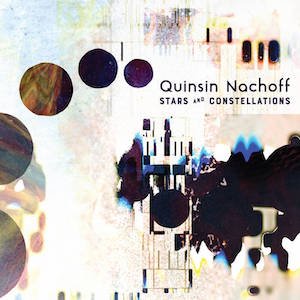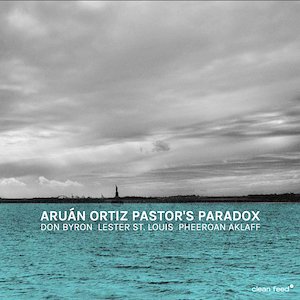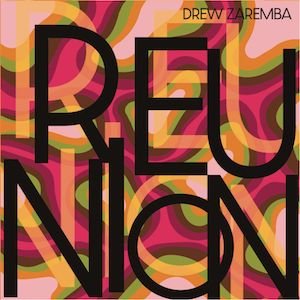Label: Kimahera, 2023
Personnel - Bruno Santos: guitars, braguinha, rajão, electric bass, percussion; João Frade: accordion, samples.
Bruno Santos, a versatile Lisbon-based guitarist, has dedicated himself to diverse multi-genre projects, including his recent release, a guitar-hammond-drums trio album titled Wild West. That album showcases his commitment to evoking the hard bop and soul jazz sounds of iconic figures such as Wes Montgomery, Jimmy Smith, and Lou Donaldson, creating a classy atmosphere all its own. João Frade, another talented Portuguese artist, is an accomplished accordionist known for his eclecticism in jazz, fado, and Brazilian music. Their duo effort, Rascunhos, is the result of a remote collaboration, featuring 11 pieces – five compositions by each artist and one collectively composed - where they sink their teeth and hearts into world music territory with plenty of rhythm.
In Frade’s well-calibrated “Lyssa”, they intercalate uptempo waltzing passages with moments of calm detachment. The exoticism continues in Santos’ “Cabo Verde”, responding to the previous cut with a contagious African-tinged pulse. Here, the braguinha and rajão (stringed instruments from Madeira Island) and accordion harmonize perfectly before Frade’s warm improvisation.
“Chorinho Tila” and “Dázz to Dézz” showcase impetuous Brazilian rhythmic drives and beautiful melodies, while “Delirious Tremens”, a collectively composed effort with a more experimental nature, immerses the listener in hazy, tremolo-soaked acoustics.
Fusion elements are present in “Plastik Man”, an old yet unrecorded piece by Santos that seamlessly blends eclectic sounds to reach a cross between Toots Thielemans, Milton Nascimento, and Ralph Towner. On the other hand, Frade’s “Chacrach!” brings shades of Larry Coryell’s flamenco jazz, Chick Corea’s gipsy-tinged fusion, and Rabih Abou Khalil’s Eastern flavors to the table. The album concludes with Santos’ “A Cadeira, o Baloiço e as Rosas”, a smooth waltz previously featured on Mano a Mano Vol. 2.
Musically sensitive and not self-centered, Santos and Frade deliver Rascunhos as a breezy, sunny record where lovely dialogue unfolds. The music will please crossover jazz and world music enthusiasts alike.
Favorite Tracks:
01 - Lyssa ► 05 - Plastik Man ► 10 - Chacrach!









